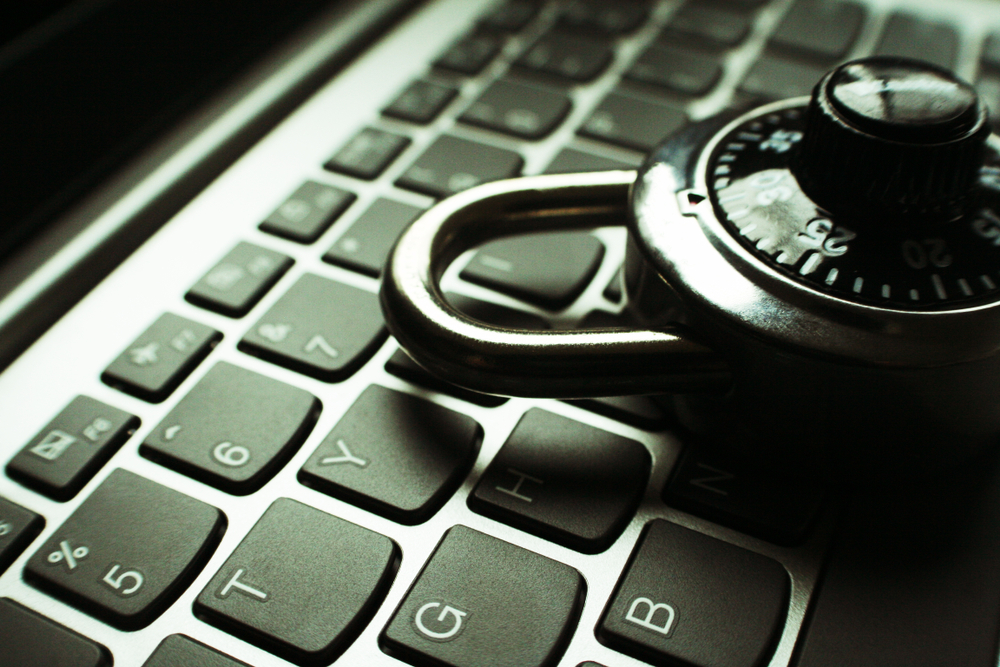Security of information has become a source of major concern for corporations given the numerous ways that they can be compromised. The modern systems that businesses use may offer convenience, but they also pose significant threats. Loss or theft of data can severely impair the capability of an organisation to carry out its functions. The need to protect customer and employee information has fueled the demand for identity management systems.
Identity management is a security measure implemented to minimise the risks of fraudulent activities involving sensitive personal information. It is a process of identifying individuals with access to information and ensuring they undergo proper authentication and authorisation procedures. By controlling who can get into a corporate system and applications, a business can easily track user activities. A solid identity management system typically contains a list of user identities and permissions. Identity management solutions combat fraud through several components.
Multi-factor Authentication
When safeguarding sensitive data, a single layer of protection is not sufficient. Using one password to access documents or accounts leaves your system vulnerable to all kinds of attacks. It is easy to lose a password or have it hacked. Multi-factor authentication requires users to have more than one means of gaining access to a system. A layered security layout ensures that individuals who don’t have access can’t work around the established protocols. Multi-factor authentication has to adhere to compliance standards specific to your business like PCI and HIPAA.
Single Sign-on
SSO is a service that lets users access information from different systems and platforms using a single set of credentials. The upside of single sign-on is that individuals don’t have to undergo verification every time they want to use a specific website or application. Users can create a single set of passwords and other authentication protocols, which reduce the risk of losing or forgetting them. It also takes less time for people to move from one platform to the next when they don’t have to re-authenticate. SSO improves the user experience of your corporate systems.
Secure Remote Access
With telecommuting becoming popular in today’s business culture, secure remote access is an essential part of identity management. When you have workers logging into the system from different regions and devices, you must ensure that they observe the same standards of security as the other users. Effective remote access security protocols will simplify the management of external users. It is possible for suppliers, contractors, or other partners to access the system and deploy effective solutions, such as installing laps and similar ones, to increase efficiency without worrying about fraudulent activities.
Provisioning
The provisioning process improves system security by tracking the privileges of users. In most instances, applications need to know certain information about the user accessing them like full names and address. Using intelligent integration, different systems synchronize and share attributes. Doing this doesn’t just improve security, it boosts the quality of data and reduces the frequency of tasks for users. Provisioning ensures that a corporation’s sensitive data remains intact and that compliances are met to minimise vulnerabilities.
Identity management systems are critical for any business because they help secure data, consequently reducing opportunities for fraud. With a well-tailored IdM system, a company can easily monitor user activities and restrict access accordingly.
